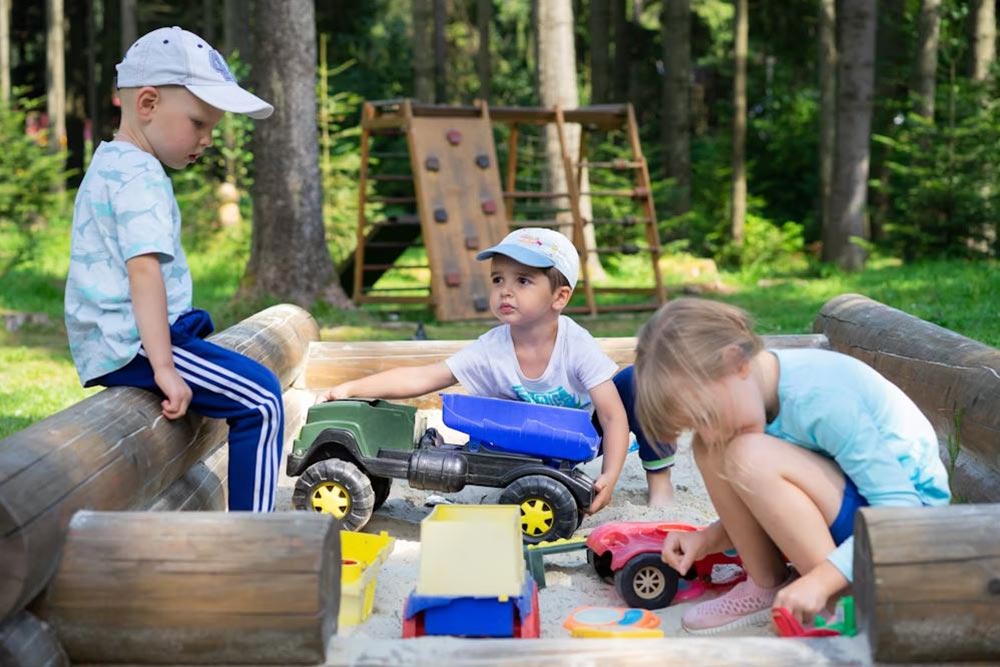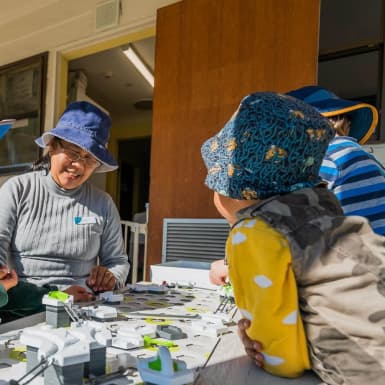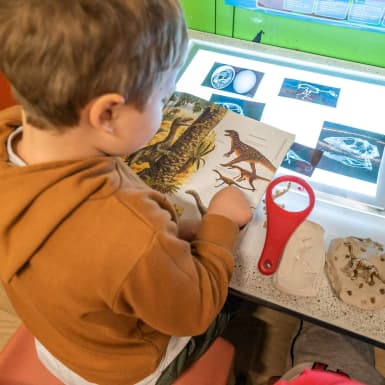
Confidence Building Strategies for Your Child
31 July 2020Every parent wants their child to be comfortable in their own skin and confident in who they are. Teaching your child to have a confident mindset is complex and takes continuous effort as they grow up.
Here are some practical strategies to help boost your child’s confidence:
1. Model confident thinking.
Children’s brains are developing at an amazing rate; absorbing anything and everything they hear, see, touch or smell. As their first role models, parents largely influence how their children develop. Being mindful of the language you use and how you respond to challenging or new tasks are often observed and imitated. If you a model a behaviour which is one of curiosity and positivity across new situations, your child will start to follow. Responses such as “I’m going to try my best” or “I’m excited to try something new” will leave a lasting impression on your child that begins to teach resilience.
2. Focus on effort and improvement.
Focus your praise on the effort your child puts into improving. By linking success to the amount of effort put in rather than the outcome, your child will start to associate great achievements with trying their best in the situation. A way to emphasise your praise on effort is to change your language in responses, tone of voice and phrasing.
3. Teach them to take risks.
A key element of confidence is the ability to take risks when you’re unsure about how to tackle a challenge. Encourage your child to persist with a task, try new strategies and seek your help when they’re stuck. Encouragement such as “that was smart to tackle the challenge this way…” and “you recognised this well…” will encourage your child to continue to attempt calculated risks in unknown environments.
4. Spend time on things they excel at.
Encourage your child to participate in things they excel at or enjoy helping improve their confidence and self-esteem.
5. Strengthen their character.
Encourage your child to be confident in who they are, as a unique individual, who is celebrated in their own right. Sometimes having confidence is the difference between doing what’s easy and doing what’s right.
6. Forgive them freely for their mistakes.
Children are continuously learning as they grow up and will only learn if they make mistakes and grow. When your child makes a mistake, make sure you use constructive language to give advice on how better to handle the situation next time. Responses such as “Let’s talk about what happened?” will give your child the opportunity to reflect on their actions and come to their own positive conclusion, instilling confidence in themselves.
It’s important for parents to help their children to discover their own unique talents, qualities and strengths. Teach your child to work towards a goal and to have pride in their accomplishments and learn from their mistakes. Try, try again. Encourage your children to try things their own way, face challenges, persevere and take risks.









